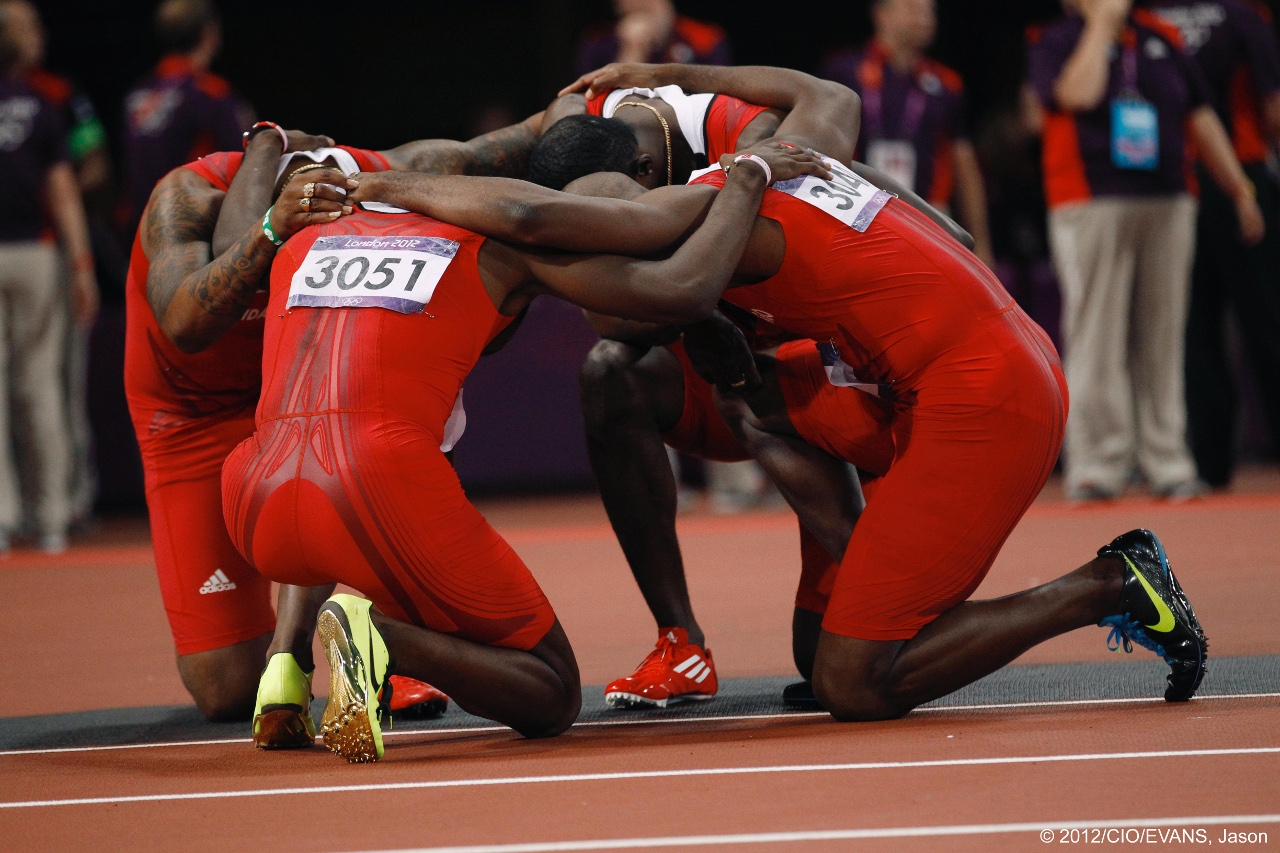What makes a true champion? Is it the number of medals won, the records broken, or the sheer dominance in a game? While these achievements define success, there is another crucial element that separates great athletes from legends—sportsmanship and fair play. In an era where competition is fierce and stakes are high, the values of …
Why Sportsmanship and Fair Play Matter in Competitive Sports

What makes a true champion? Is it the number of medals won, the records broken, or the sheer dominance in a game? While these achievements define success, there is another crucial element that separates great athletes from legends—sportsmanship and fair play. In an era where competition is fierce and stakes are high, the values of respect, integrity, and fairness remain the backbone of sports. But why do they matter so much? Let’s dive into the significance of sportsmanship and fair play in competitive sports.
The Essence of Sportsmanship
Sportsmanship is the ethical and moral foundation of sports. It represents respect for opponents, officials, and the spirit of the game. Whether winning or losing, an athlete who upholds sportsmanship ensures that competition remains honorable and inspiring.
1. Respect for Opponents and Officials
A true competitor acknowledges the effort and skill of their opponents rather than viewing them as enemies. Respect extends to referees, coaches, and all individuals involved in the game.
- Example: Tennis legend Roger Federer is known for his exemplary sportsmanship, always showing respect to both umpires and rivals, even in heated moments.
2. Grace in Victory and Defeat
Winning with humility and losing with dignity define a true athlete. Fair play isn’t just about following the rules; it’s about how one reacts to both triumph and adversity.
- Example: In the 2014 FIFA World Cup, Colombian player James Rodríguez was consoled by Brazilian players after his team’s defeat, showcasing the universal respect in sports.
3. Encouraging Teamwork and Positive Rivalries
Sportsmanship fosters mutual respect between competitors, turning rivalries into sources of motivation rather than hostility.
- Example: The friendly yet competitive relationship between Rafael Nadal and Roger Federer has inspired millions, showing that intense rivalries can exist with mutual admiration.
Fair Play: The Heart of Honest Competition
Fair play ensures that sports remain pure and free from unethical advantages. It goes beyond following rules—it’s about competing with integrity.
1. The Dangers of Cheating and Doping
Some athletes resort to performance-enhancing drugs or dishonest tactics to gain an edge. However, history has shown that unethical victories come with a cost.
- Example: The Lance Armstrong doping scandal shook the cycling world, proving that victories gained through unfair means eventually lead to disgrace.
2. The Role of Officials and Governance
Referees, umpires, and governing bodies play a critical role in maintaining fairness in sports. Implementing strict rules and technological advancements like VAR (Video Assistant Referee) in football ensures that justice prevails.
3. Technology in Promoting Fair Play
Modern technology, such as goal-line technology in football and Hawk-Eye in tennis, helps eliminate human error and reinforce fairness in competition.
The Impact of Sportsmanship Beyond the Game
Sportsmanship isn’t confined to the field; it extends to life lessons that shape character, leadership, and society.
1. Character Building and Ethical Values
Athletes who embrace fair play develop discipline, integrity, and a strong moral compass—qualities that benefit them in every aspect of life.
2. Role Models for Future Generations
Young athletes look up to sports stars. When professionals display respect and honesty, they set a positive example for future generations.
- Example: Japanese fans cleaning up stadiums after World Cup matches reflect a culture of respect and sportsmanship beyond the field.
3. Bringing Communities Together
Fair competition unites people across cultures and backgrounds, reinforcing the idea that sports should be a celebration of human potential rather than a battleground of hostility.
Challenges to Sportsmanship and Fair Play
Despite its importance, sportsmanship faces challenges in the modern sports landscape.
1. Pressure to Win at All Costs
Athletes and teams sometimes prioritize victory over ethics, leading to match-fixing, unsportsmanlike conduct, and controversial decisions.
2. Financial and Commercial Pressures
Big sponsorship deals and financial incentives can tempt players and organizations to compromise on fairness.
3. Social Media and Fan Behavior
While social media connects fans, it also fosters online abuse, misinformation, and negative sportsmanship, influencing how players and teams react on and off the field.
Conclusion
Sportsmanship and fair play are not just ideals—they are the very essence of sports. While competition pushes athletes to their limits, it is integrity, respect, and ethical conduct that truly define greatness. As fans, players, and stakeholders, it’s our responsibility to uphold these values and ensure that sports remain a celebration of fairness, respect, and excellence.
In the end, true champions are not just those who win but those who inspire through their integrity and honor.





